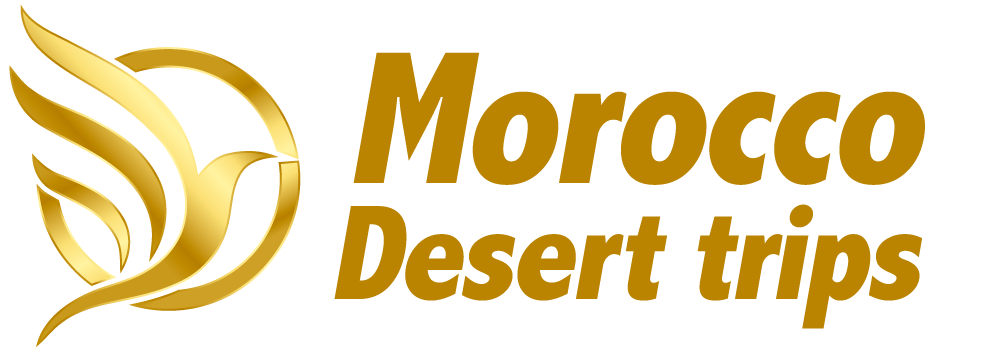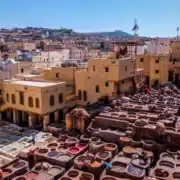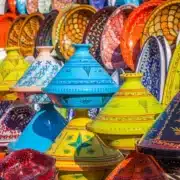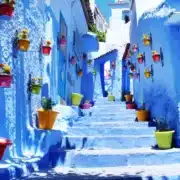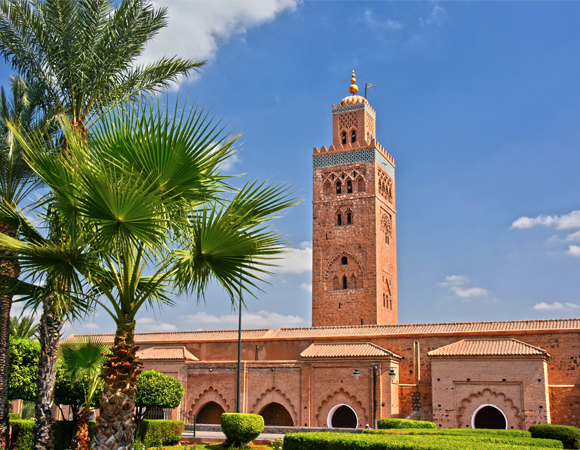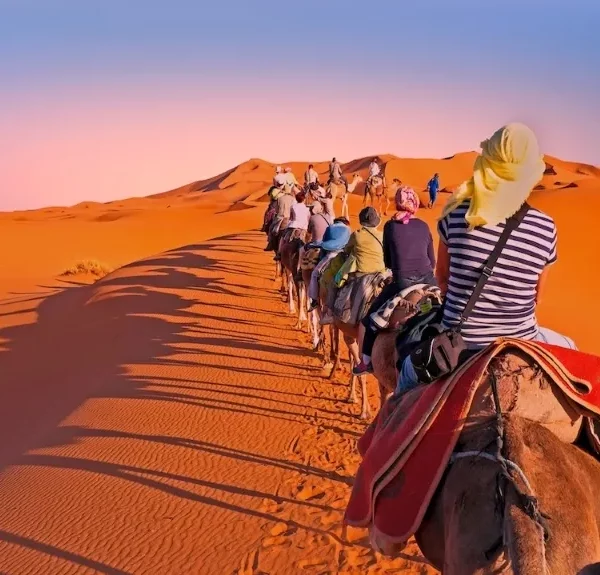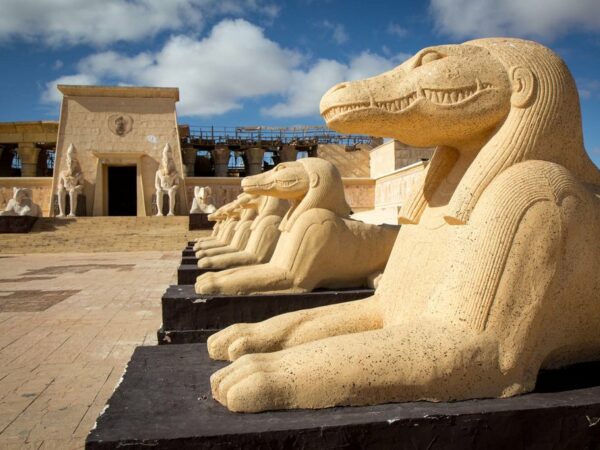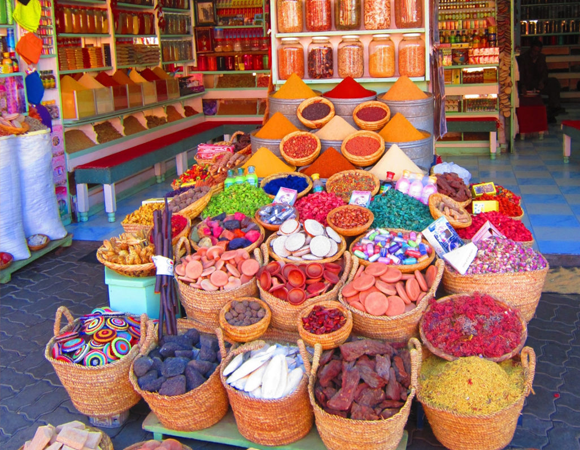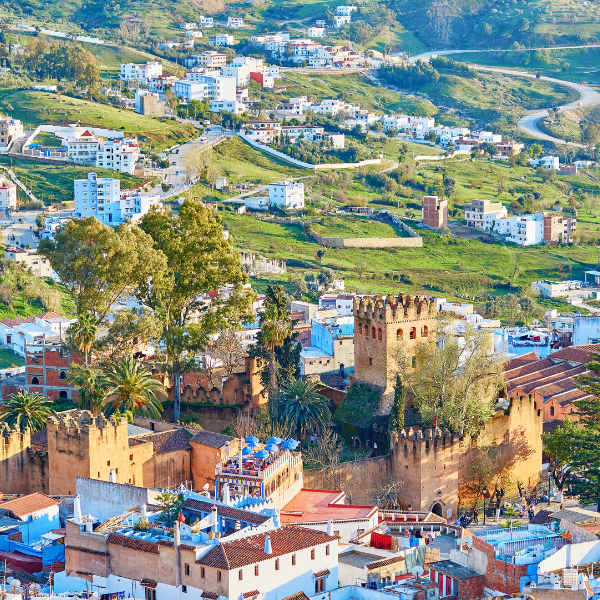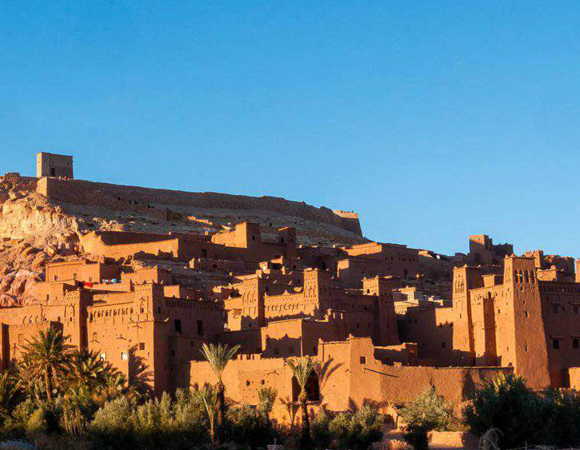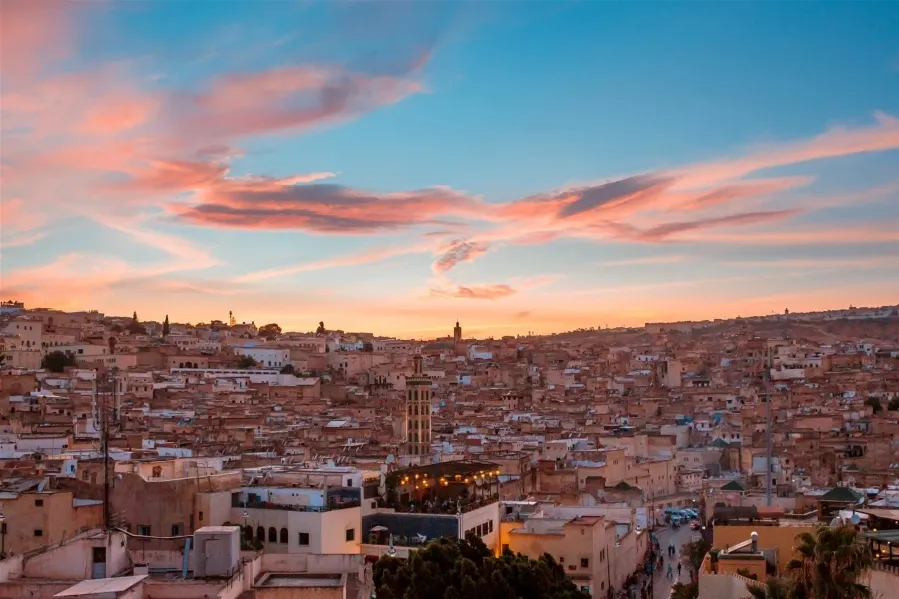
Are Moroccans African? Exploring the Cultural, Historical, and Geographical Identity of Morocco
Morocco, a land of stunning landscapes, rich history, and vibrant culture, lies at the crossroads of Africa, Europe, and the Middle East. Due to its mixed cultural influences Morocco stands as an exclusive African territory. Debates frequently arise about Moroccans’ African identity because Morocco shows unique cultural and historical traits. Using Morocco tour experiences alongside Marrakech day trips and desert activity insights this article conducts an investigation into Moroccan identity by studying cultural and geographical along with historical factors that make up Moroccan heritage.
Understanding Morocco’s Geographical Location
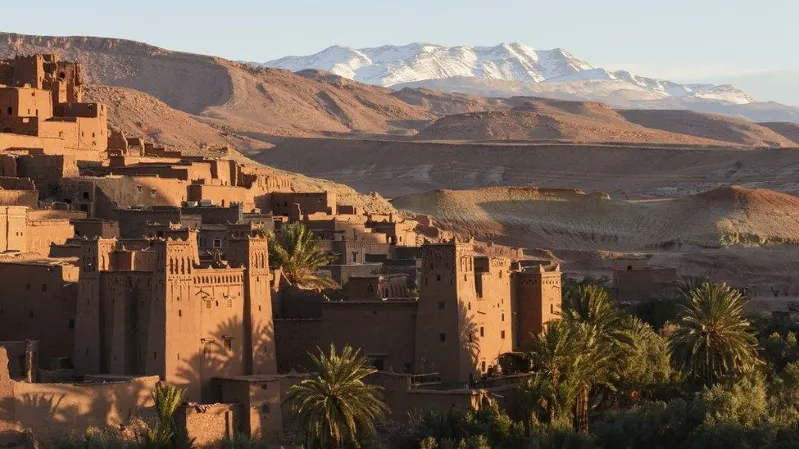
Morocco stands firmly in North Africa as a country that borders Algeria to the east while the Atlantic and Mediterranean Ocean split the country between them and the west. The nation finds itself nearby Europe thanks to the Strait of Gibraltar which connects them. The north African nation of Morocco physically belongs to the African continent while its closeness to Spain throughout time generated cultural blend between regional elements. Geographically Morocco fits into Africa but its national heritage derives from combined African and European practices.
Discover the magic of this kingdom with our best tours:3 Days Desert Tour from Marrakesh to Merzouga ,Marrakech to Erg Chigaga andMarrakech to Erg Chigaga .
The Historical Context: Africa, the Arab World, and Europe
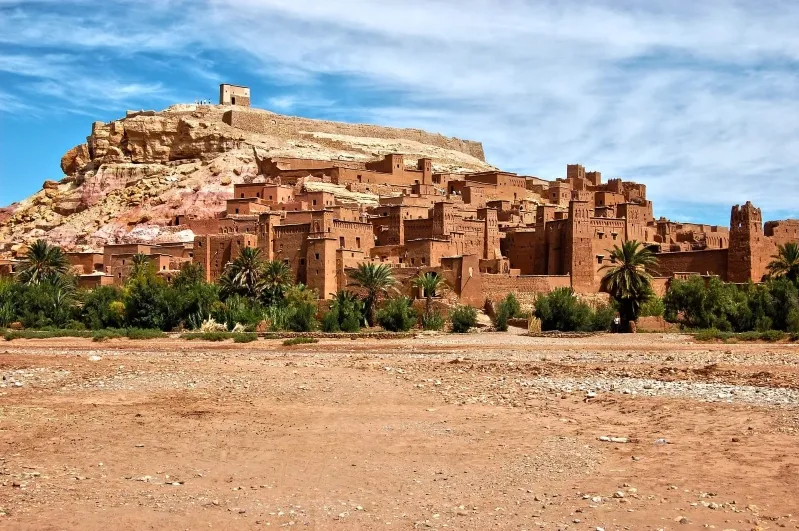
Morocco’s history is a reflection of its position at the intersection of different civilizations. Over the centuries, the country has been influenced by Berber (Amazigh) culture, Arab invasions, and European colonization, all of which have shaped its modern identity.
- Berber Roots: The indigenous people of Morocco are the Berbers, or Amazigh, who have lived in the region for thousands of years. The Berber language and traditions remain a vital part of Morocco’s cultural fabric today. The Berbers were in North Africa long before the Arab invasions and are considered the original Africans of the region.
- Arab Influence: Beginning in the 7th century, Arab conquerors brought Islam to Morocco, blending Arab and Berber cultures. This fusion of African and Arab cultures created a distinct identity that persists today. Arab influence can be seen in the language, religion, and architecture of Morocco, from the language spoken (Arabic) to the prominent mosques and palaces scattered across the country.
- European Influence: From the 15th century, European powers like Spain and Portugal began to have an increasing impact on Morocco, particularly during the Age of Exploration. Colonial interactions and trade with European countries left their mark on Morocco, particularly in cities like Tangier and Casablanca, which became important ports for European trade.
Cultural Identity: Are Moroccans African?
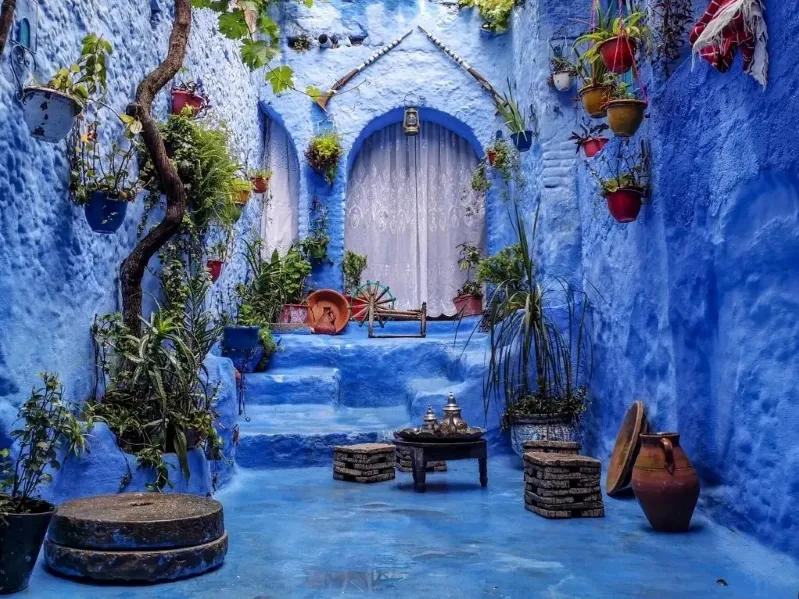
Moroccans maintain an African cultural heritage manifested as a mixture of Berber indigenous customs together with Arab preferences and European influences. Past history in Morocco reveals a crucial geographical position through which various civilizations met to create a distinctive cultural fabric that integrates African and Arab and European elements.
Numerous native Berber inhabitants exist in North Africa yet the Arabization of the country and European colonialism challenge the simple identification of Moroccans as African. The Arab world considers Moroccans as one of its members because they speak Arabic and follow Islam yet their language stems from Berber roots. The indigenous Berber people along with their distinct language and customs serve as unambiguous evidence showing that Morocco has deep African roots.
Morocco’s African Identity Through Tourism
Travel represents one of the optimal methods to uncover Morocco’s diverse cultural traditions as well as its variety of geographical spaces. With Morocco as your destination you will directly experience traditional African heritage through visits to Marrakech’s bustling markets and wild desert landscapes. Explorers who choose Marrakech desert tours or luxury trips to Morocco experience the conclusion of modern life together with traditional Moroccan customs.
Marrakech Day Trips: A Window into Morocco’s History and Culture
Marrakech functions as one of Morocco’s most renowned cities under its nickname “Red City” while it integrates African and Arab and European cultural elements. A visit to Marrakech on a day trip lets visitors experience the diverse cultural heritage of Morocco. Marrakech showcases the African spirit of Morocco through its historic medina along with its Koutoubia Mosque and Jardin Majorelle and Jemaa el-Fna square. Customers can experience traditional Moroccan lifestyle at vibrant markets where they can find colorful textiles alongside spices and crafts that showcase Africa’s three-century cultural influence from Arab and Berber traditions.
Atlas Mountains Tour: A Journey Into Morocco’s Heart
A tour of the Atlas Mountains represents an ideal way for people to discover Morocco’s rich African traditions deeply. Since ancient times Berbers have maintained their historical way of life while living in the Atlas Mountains. During an Atlas Mountains Marrakech desert tour visitors experience mountain vistas while visiting Berber villages where they discover Moroccan cultural heritage of indigenous communities. Berber language and cultural customs as well as agriculture continue to strongly define Morocco’s African roots.
Morocco’s Desert: The Heart of Africa’s Identity
The Moroccan desert constitutes a primary element in the nation’s connection to Africa. The Sahara Desert, one of the most famous deserts in the world, lies at the edge of Morocco. The desert tours and desert trips that operate in Morocco enable visitors to travel through endless fields of golden dunes. Every desert tour organization including Moroccan desert travel experiences features camel excursions and night camping while visitors admire Moroccan landscape beauty.
The Berber communities maintain their traditional existence deep in Moroccan desert lands where many Berber communities continue their traditional ways of life. People who visit desert areas can experience privileged moments with the native inhabitants who have lived in the Sahara for centuries. Both Morocco’s African roots and extraordinary desert attractions create tourists’ fascination with experiencing a genuine desert adventure.
Morocco and the African Continent: A Complex Relationship
From its position in the African Union Morocco dedicates itself to different development projects that aim to strengthen pan-African efforts. In political dialogue and economic activities Morocco pays attention to African aspects particularly because of its extensive involvement with western African nations since its foundation. The country maintains vibrant cultural and historical connections both with the Arab nations of the world and with Europe although it remains fully an African nation that maintains strong ties to sub-Saharan Africa. The country demonstrates its African identity through its involvement in African Union affairs and trade partnerships with African nations together with its contributions toward African development projects.
Tourism and the African Experience in Morocco
Morocco provides genuine opportunities for visitors to understand the authentic African essence of the nation. The diverse cultural experiences of Morocco are accessible through Morocco desert tours together with luxury trips to Morocco as well as travel combinations between modern urban areas and rural sites in the country. The country of Morocco maintains a diverse collection of cultural riches including the energetic Marrakech streets and tranquil Sahara oases which originate from African heritage.
Conclusion: Are Moroccans African?
The evidence shows that Moroccans belong to the African people base. According to geographical, cultural and historical criteria Morocco fundamentally belongs to the African continent. The complex relationship between Arab influence and European interaction makes the identification of Moroccan identity challenging but its continuous connection to the Berber heritage and African Union membership and Pan-African relations establish Morocco’s firm standing in Africa. The citizens of Morocco display their distinctive cultural heritage which unites African, Arab and European traditions into an energetic and various national identity.
Travelers who want to witness Morocco’s diverse cultural heritage should make a trip to the country to study its multiple identities. Travelers who participate in a Marrakech day trip together with an Atlas Mountains tour and Morocco desert tour experience will achieve a deeper insight into Morocco’s multifaceted cultural identity and its citizens. The distinct beauty of Morocco emerges through its capability to integrate past customs with modern times by harmoniously uniting African heritage with Arab heritage and European traditions.
FAQs:
Are Moroccans African?
The Moroccans trace their African origins directly from their Berber descent despite facing Arab and European cultural influences.
How does Moroccan society identify itself culturally?
Moroccans carry within them the combination of Berber alongside Arab and European cultural traditions because their society has absorbed many different cultural streams.
The positioning of Morocco on the map shapes its cultural characteristics in what way?
The position of Morocco in North Africa together with its connection to Europe results in its dual character which blends African and Mediterranean heritage.
Is there a reason that experts place Morocco within African geographical boundaries?
North Africa serves as the home for Morocco where the country maintains a substantial connection to African nations through years of shared history and African Union membership.
Which traditional African traditions exist in Moroccan culture?
Morocco demonstrates its African heritage through its Berber language together with its conventional customs alongside its desert territories.
Which African elements does tourism in Morocco simultaneously display?
Morocco’s African heritage can be experienced through excursions such as Marrakech day trips and desert trips Morocco and Atlas Mountains tours.
Last Minute Deals
- Quality4
- Location4
- Amenities4
- Services2
- Price5
4 Days Desert Tour From Marrakech to Erg Chigaga
- Quality4
- Location4
- Amenities4
- Services2
- Price5
2 Days Atlas Adventure to Kasbahs, Berber Villages ,Atlas Mountains, Valleys, Ouarzazate City and Skoura Palm Oasis
- Quality5
- Location5
- Amenities5
- Services5
- Price4
guided Tour of Marrakech - Walking Tour Marrakech
- Quality4
- Location4
- Amenities4
- Services2
- Price5
